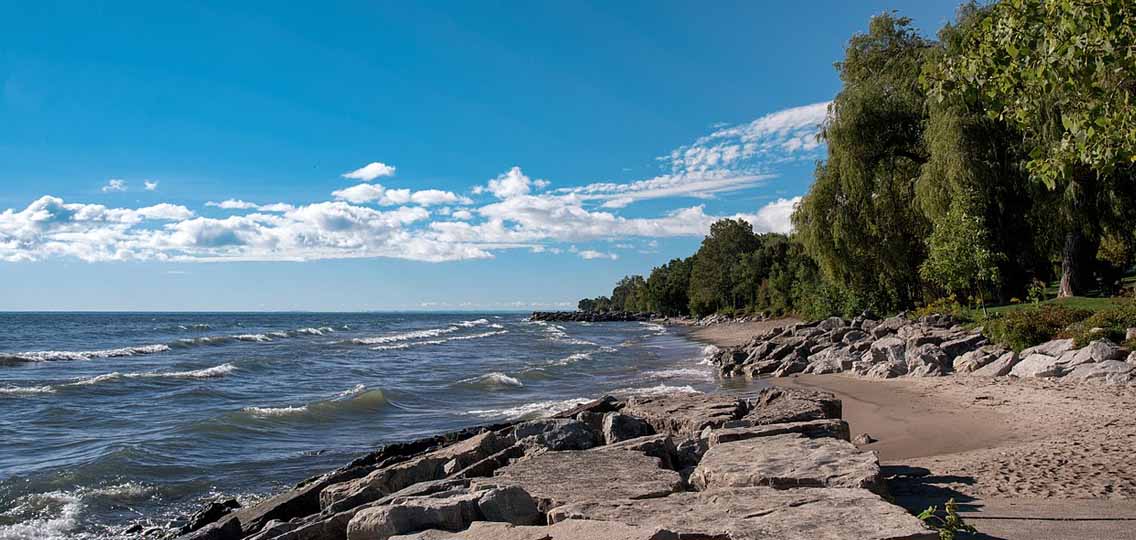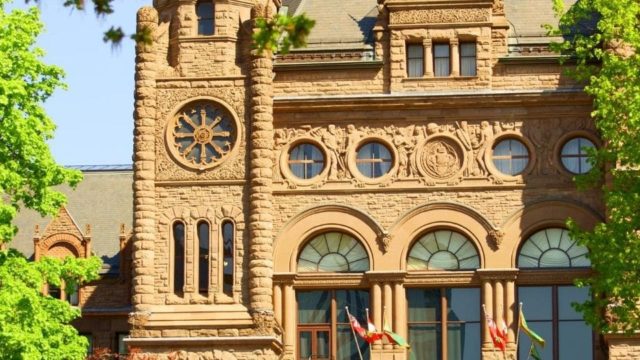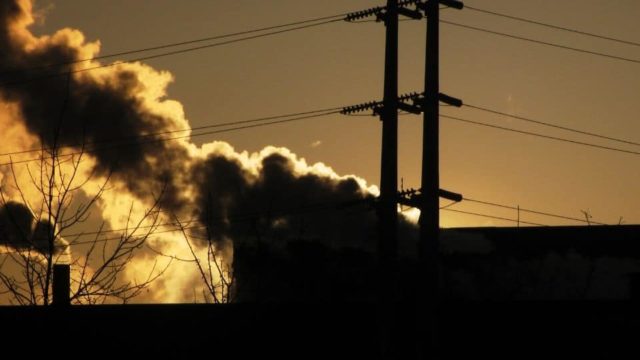There has been a lot going on in Ontario lately.
Starting in July, Ontario’s Ford government tabled and passed its COVID-19 Economic Recovery Act in a two week span.
This new law took aim at Ontario’s Environmental Assessment Act, the Planning Act and other environmental laws by rolling back important protections meant to keep the environment safe and communities involved in the decision-making process.
Ontarians deserve to have a say about projects that will affect them, their communities, and the environment. That’s why we took legal action in early August by launching a lawsuit alleging the Ford government broke the law when it passed Bill 197 (which eventually became the COVID-19 Economic Recovery Act) and intentionally left Ontarians out of the public consultation process.
That’s not all that’s happened recently.
At the same time as the government was clawing back environmental protection regulations, it proposed updating its population growth forecasts to 2051 for the Greater Golden Horseshoe (GGH) region — an area that covers the Greater Toronto Area and the region that surrounds it from Niagara to Peterborough.
Now you might be saying to yourself, isn’t the GGH one of the fastest growing regions in North America? Doesn’t it make sense to increase projections for how fast the population will grow? Well, not really.
Since coming into office the Ford government has already amended the Growth Plan in its Places to Grow Act once.
The province calculates these forecasts simply using models of what might happen, without really considering what should happen. For example, the province doesn’t consider potential limits to what water, air and other resources can sustain from growth. This flawed approach leaves the door open to a myriad of impacts, including potentially significant damage to waterways in and around the GGH.
Each time the growth forecast increases, it forces municipalities to approve large amounts of growth, even if it does not make financial, social, or environmental sense. This facilitates the land flipping and speculation industry — where developers can sell a piece of newly developable land at an inflated price. Such developments are often never built. This puts the community on the hook to service these areas with facilities like sewage and drainage even though construction will never take place. There are already thousands of existing approved housing units in the GGH that have been approved and serviced but not built.
But the proposed amendments to the Growth Plan aren’t just about population growth.
Buried in the updated population forecasts for the GGH are proposals that would allow aggregate operations (like quarries and gravel pits) in endangered and threatened species habitat — putting the very survival of those species in jeopardy.
When we consider the Ford government’s laundry list of moves to dismantle environmental regulations in Ontario, including exempting expansions to sewage treatment plants, storm water and drinking water facilities from environmental assessment, to push for increased land development, the only people that stand to profit from his open for business agenda, are developers.
Nowhere in the government’s proposed amendments is there mention of whether water systems like Lake Ontario and Lake Simcoe can sustain the cumulative growth and corresponding sewage and storm water pollution that come along with it. No one in the government seems to be asking, how much more growth can happen without collapsing the important ecosystems, like the Great Lakes, that we all depend on.
This is why Ecojustice is requesting that a comprehensive assimilative capacity study be done to address environmental constraints on future growth through a regional environmental assessment of future growth in the GGH.
We all recognize the importance of getting the economy going after months of restricted operations, but the reality is that if there is any economic benefit from increasing Ontario’s growth forecast (again), it is decades away. More likely, the only industry this forecast will benefit will be land speculators. While the province waits on its return on investment, communities and the environment will be the ones to suffer the consequences of poor, shortsighted planning.
Ecojustice has been there every step of the way to counter the Ford government’s attempts to weaken regulations put in place to protect communities and the environment. You can count on us to continue to stand up for your rights and hold this government to account for reckless decision-making




